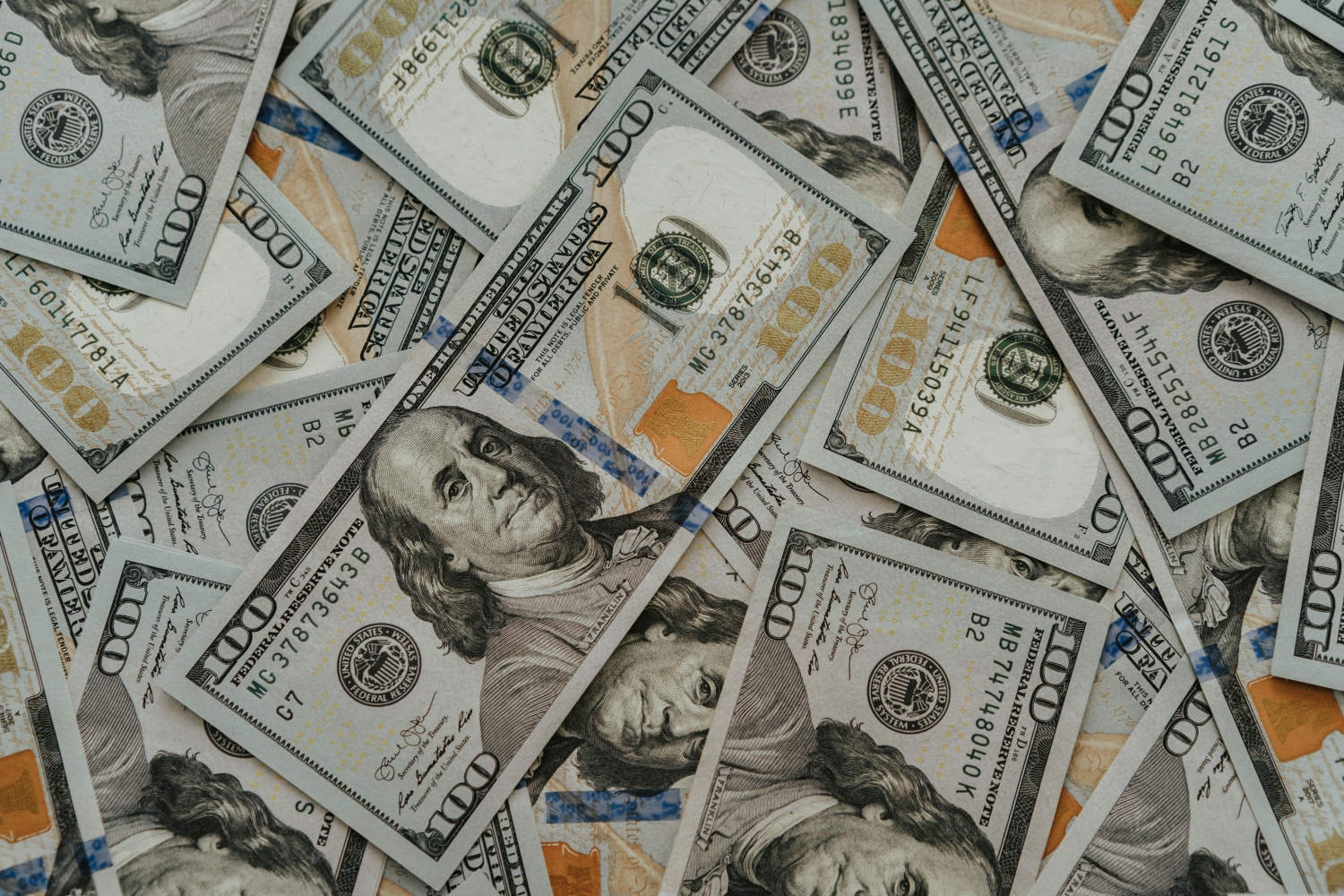
(Photo : Pexels)
US Dollars
The U.S. dollar gave up some of its overnight gains on Wednesday, as Asian stocks presented a mixed performance with traders assessing the likelihood of a significant Federal Reserve interest rate cut later in the day.
The dollar pulled back sharply against the yen, reversing about a third of its Tuesday rally. This followed unexpectedly strong U.S. retail sales data, which had tempered expectations for an aggressive rate cut by the Fed.
The euro also recovered, regaining nearly all the ground it lost the previous day. According to LSEG data, the probability of the Fed implementing a larger-than-expected 50 basis point cut fluctuated in Asian trading, dipping to 63% earlier in the day before rebounding to 65% by 0137 GMT.
Japan's Nikkei index led the region's gains, climbing 0.72% and recovering from Tuesday's 1% drop, as movements in the dollar-yen exchange rate continued to influence the market.
Meanwhile, Chinese blue-chip stocks remained flat after reopening from a holiday, while Taiwan's market dipped 0.35%. Australia's benchmark index saw little change, and MSCI's broadest index of Asia-Pacific shares outside Japan slipped 0.05%.
Hong Kong and South Korea remained closed for holidays.
On Wall Street, U.S. stocks ended nearly unchanged on Tuesday, with early gains fading. Futures for the S&P 500 indicated a modest 0.08% rise on Wednesday. "The market is at a significant turning point," noted Kyle Rodda, a senior financial analyst. "A well-timed move by the Fed could extend the bull market, but any misstep could mark a peak in the current cycle."
In currency markets, the dollar fell 0.55% to 141.60 yen, following a sharp rise overnight. The euro edged up to $1.1128, while the dollar index eased to 100.84 after gaining on Tuesday.
In bond markets, short-term U.S. Treasury yields continued to rise, with the two-year note adding another basis point to reach 3.6028% during Asian trading hours.
Gold prices climbed 0.15% to $2,573.18 per ounce, recovering from a recent pullback, while crude oil prices held steady following a $1 per barrel increase amid escalating tensions in the Middle East.
U.S. crude futures dipped by 13 cents to $71.06, and Brent crude futures slipped by 14 cents to $73.56. Heightened geopolitical risks, including ongoing unrest in Lebanon and stalled talks in Libya affecting oil output, contributed to market uncertainty.









